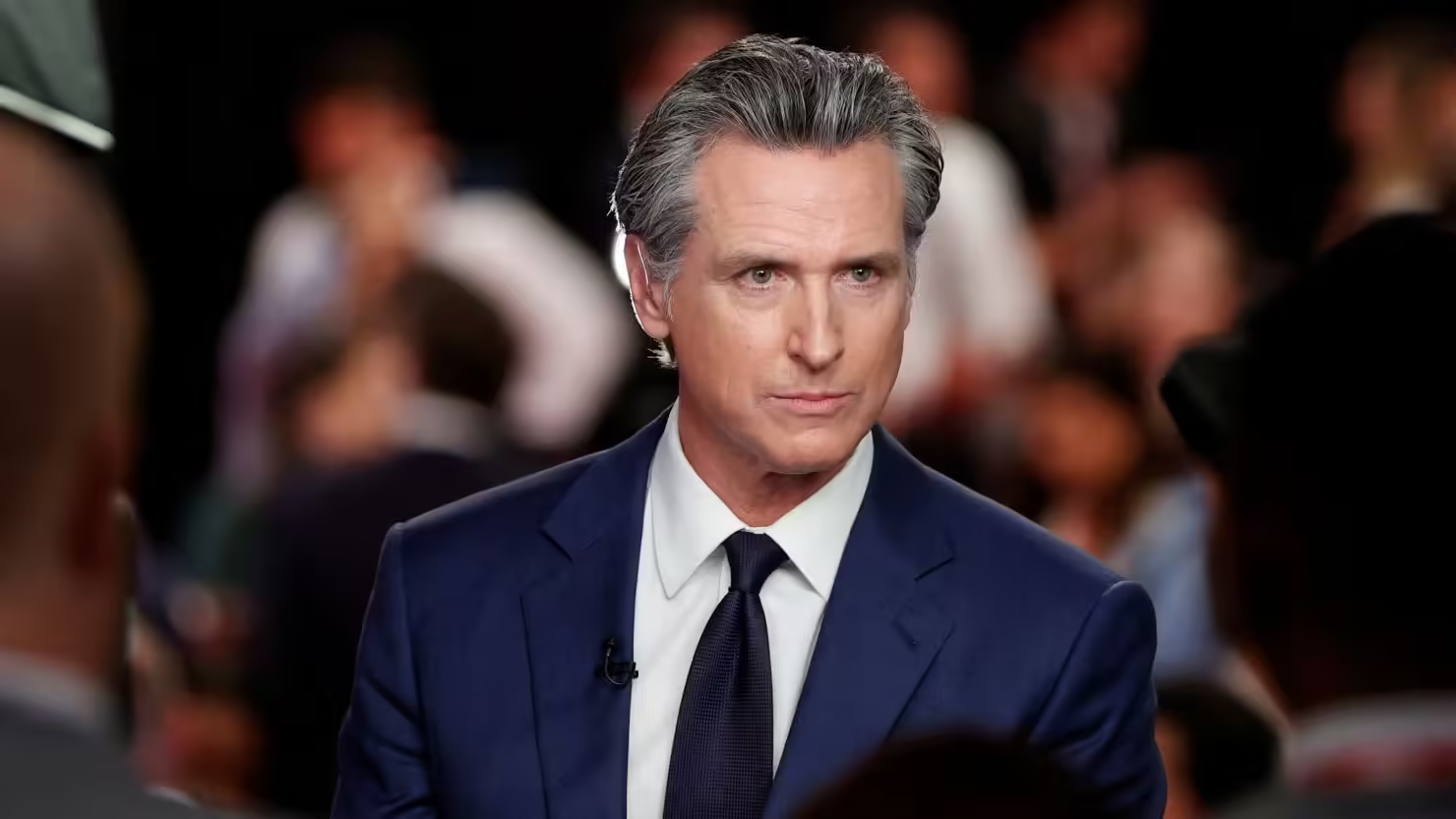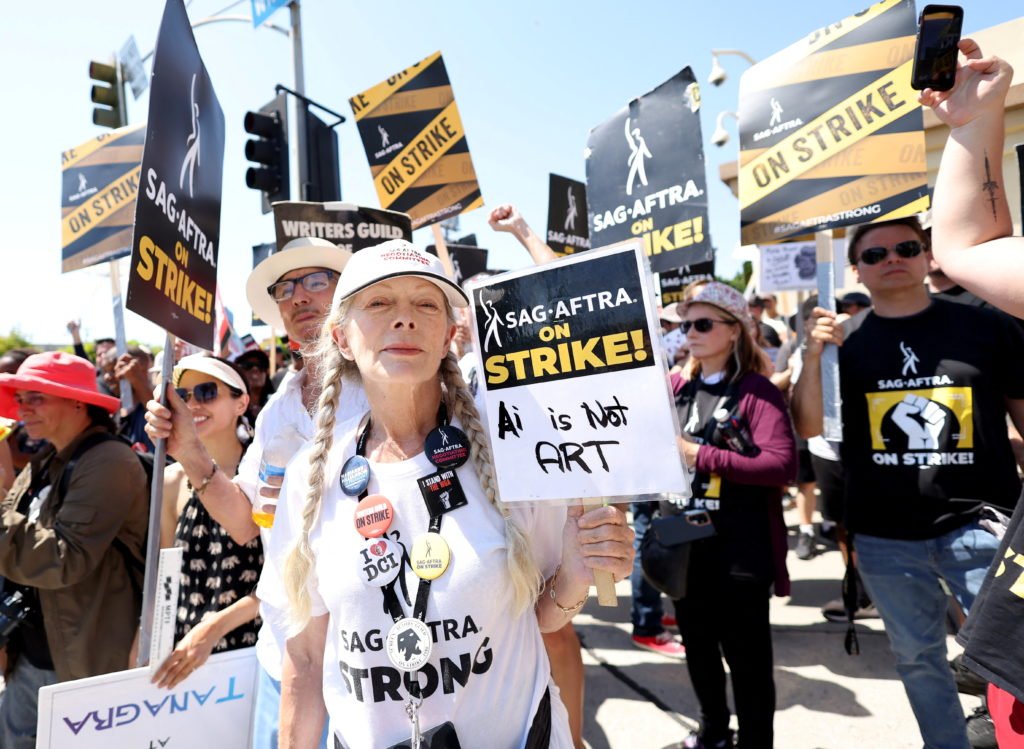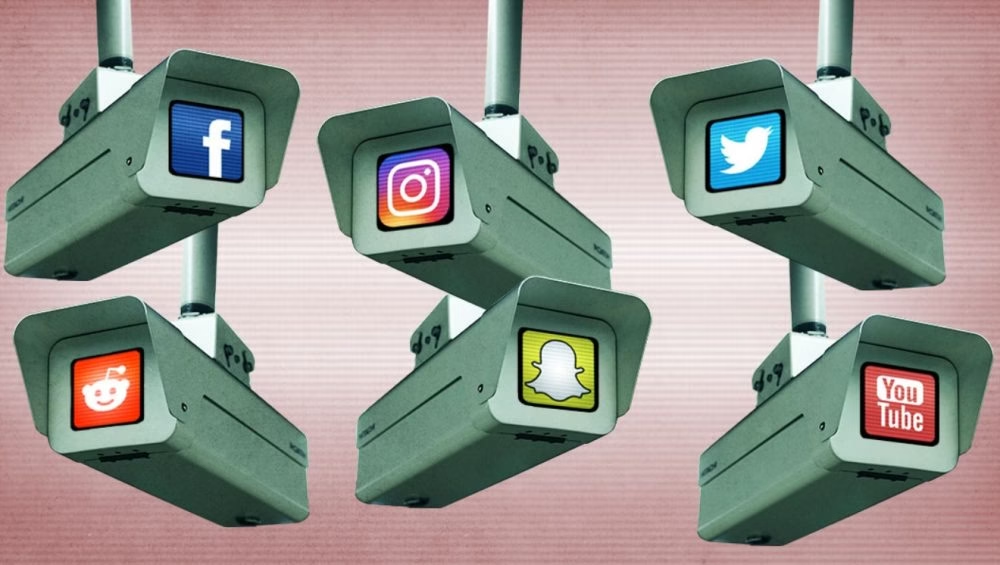California Governor Gavin Newsom vetoed a contentious artificial intelligence (AI) safety bill on Sunday, following significant objections from the tech industry, which argued that the legislation could drive AI companies out of the state and stifle innovation.
In his veto statement, Newsom criticized the bill for failing to differentiate between AI systems deployed in high-risk environments and those with basic functionalities. He noted that the proposed standards would impose stringent requirements on even the simplest AI applications, as long as they were part of a large system.
Newsom emphasized the importance of developing “workable guardrails” for AI, focusing on an empirical, science-based trajectory analysis. He has tasked state agencies with expanding their assessments of risks associated with potential catastrophic events related to AI usage.
Generative AI, capable of creating text, images, and videos from open-ended prompts, has generated both excitement and concerns about job displacement, election interference, and the potential for catastrophic consequences.
Democratic State Senator Scott Wiener, the bill’s author, argued that the legislation was necessary to protect the public from the rapid advancement of AI technology, which could become unmanageable or uncontrollable. Following the veto, Wiener expressed disappointment, stating that California is now less safe and that companies developing powerful AI technologies are free from binding regulations. He criticized the reliance on voluntary industry commitments, which he believes are often ineffective in safeguarding public interests.
While Newsom acknowledged the need for protective measures, he disagreed with the notion of accepting a solution that lacks an empirical analysis of AI systems and their capabilities. He pledged to collaborate with the legislature on AI legislation in the upcoming session, particularly as efforts in Congress to establish safeguards have stalled, and the Biden administration is pursuing regulatory proposals for AI oversight.
Newsom suggested that a California-specific approach might be necessary, especially in the absence of federal action.
The tech industry coalition, Chamber of Progress, praised Newsom’s veto, asserting that California’s tech economy has thrived on competition and openness.
The rejected measure would have mandated safety testing for advanced AI models with development costs exceeding $100 million or those requiring substantial computing power. It also aimed to require developers to implement methods for disabling AI models, essentially creating a “kill switch.” Furthermore, the bill proposed the establishment of a state entity to oversee the development of “Frontier Models,” which exceed the capabilities of the most advanced existing AI technologies.
The bill faced strong opposition from numerous stakeholders, including major tech companies such as Google, Microsoft-backed OpenAI, and Meta Platforms. Notably, some Democrats in Congress, including Representative Nancy Pelosi, also opposed the legislation. Supporters of the bill included Tesla CEO Elon Musk, who operates an AI firm called xAI.
In a separate action, Newsom signed legislation mandating an assessment of potential threats posed by generative AI to California’s critical infrastructure. The state is currently evaluating risks related to energy infrastructure and plans to conduct similar assessments for water and communications sectors in the near future.



